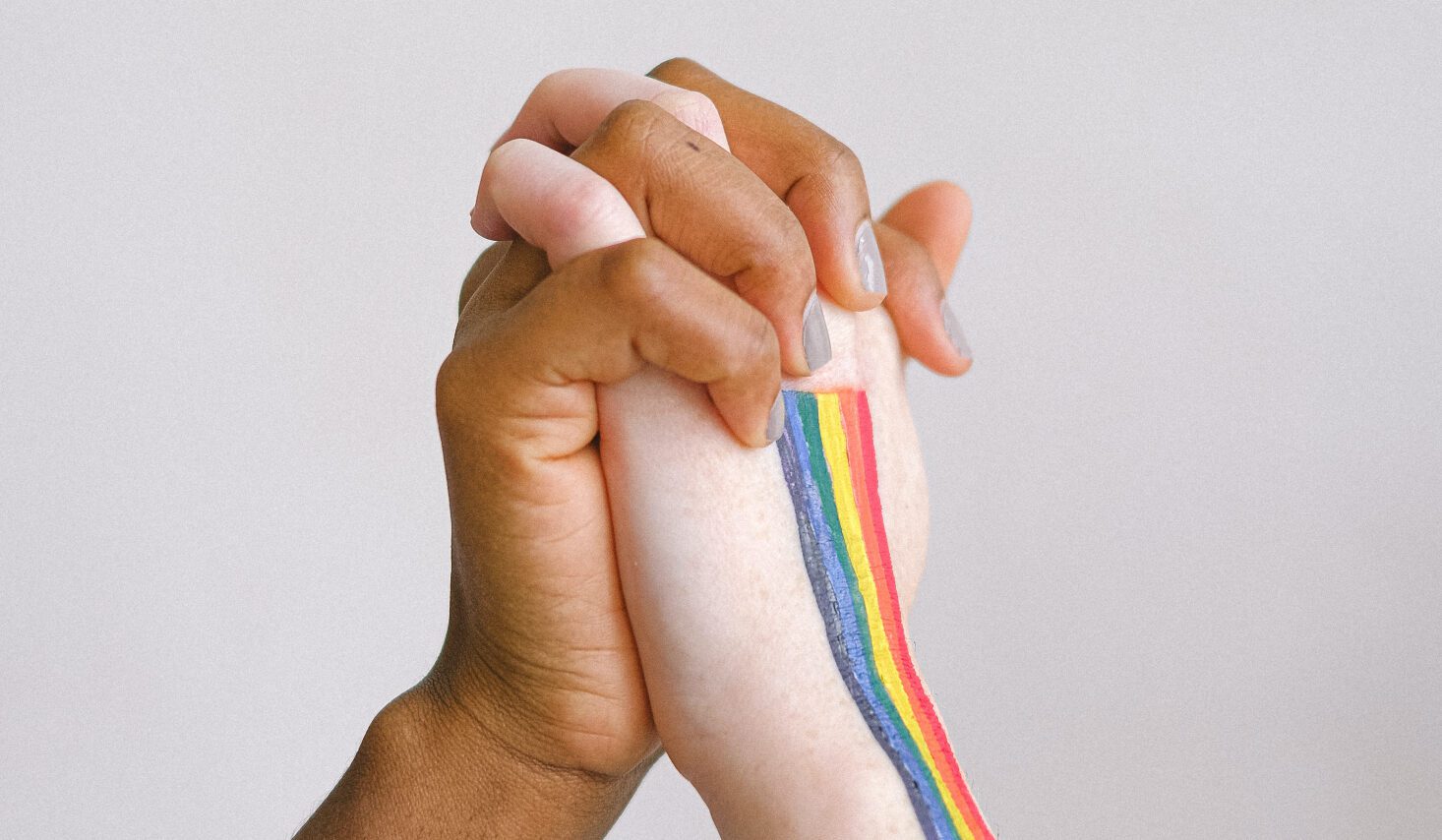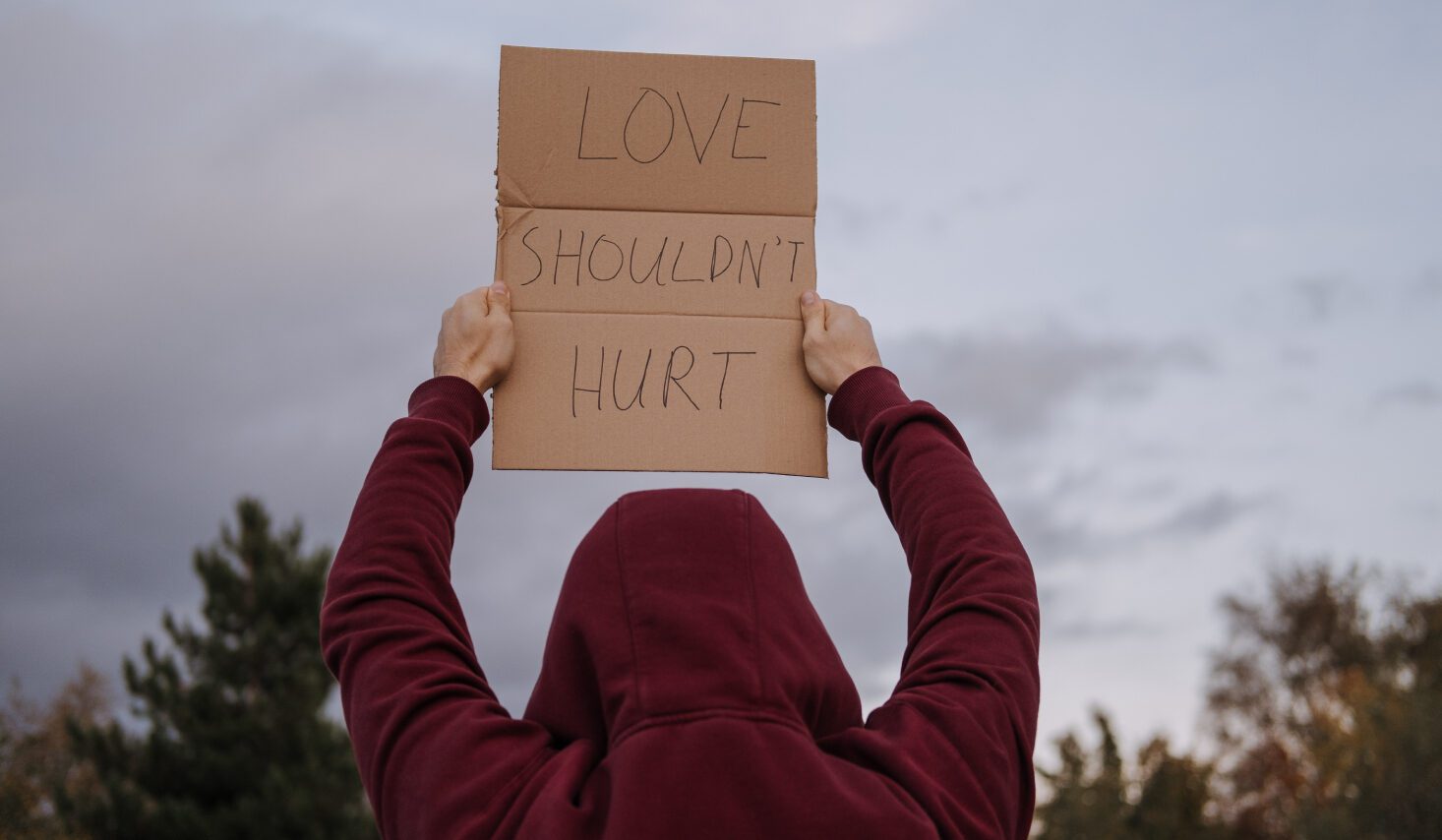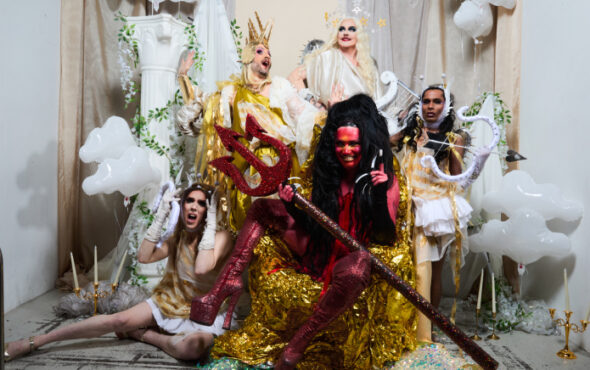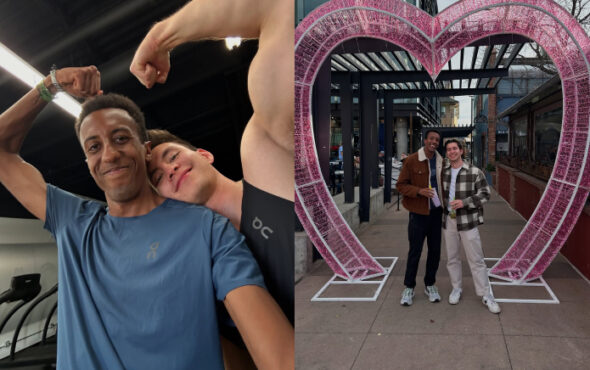
The number of hate crimes recorded by police are at record highs in England and Wales, with a total of 155,841 hate crimes recorded by police in the year ending March 2022, an increase of 26% from the previous 12 months.
Offences targeting trans people also rose by 56 per cent from 2020/21, showing the largest proportional increase for any group with a total of 4,355 anti-trans incidents on record.
In recent months especially, LGBTQ+ people have been victims of a spate of homophobic and transphobic attacks. From London to New York, GAY TIMES has been reporting on various physical and verbal attacks that have been targeted at the LGBTQ+ community.
Though facing the reality of this situation is distressing, it is necessary to understand what to do if you find yourself a victim of, or witnessing, an LGBTQ+ hate crime/incident.
What is an LGBTQ+ hate crime?
When a homophobic or transphobic hate incident becomes a criminal offence, it’s known as a hate crime.
There are no specific homophobic or transphobic hate crimes listed in law, but any criminal offence can be a hate crime if the offender targeted you because of their prejudice or hostility against LGBTQ+ people.
LGBTQ+ hate crimes/incidents can take many forms including:
- Verbal and physical abuse
- Physical violence
- Teasing
- Bullying
- Threatening behaviour
- Online abuse
- Damage to property
What should I do if I’m the victim of an LGBTQ+ hate crime?
If you are the victim of an LGBTQ+ hate incident OR crime, you can report the events to the police.
It really is important you report the incident as the police can only do something about it if they know it happened.
So, if you feel you’re in immediate danger, call 999. If it’s not urgent you can call the police on 101 any time of day or night.
Make sure you tell them you think the incident was a hate crime and why you think this. Did the perpetrators say or do something to make you think it was? Were you targeted somewhere in particular?
Providing authorities with as much detail as possible is really important.
If you feel too uncomfortable talking to the police, you can also report hate crimes and incidents online through websites like, Stop Hate Crime and Stop Hate UK.

What should I do if I see an LGBTQ+ hate crime taking place?
First of all, if you witness a hate crime in progress it’s important you don’t place yourself or those around you in any danger.
If you do witness a hate crime in progress and you believe it is an emergency, call 999 and contact the police immediately.
If you witness a hate crime or hate incident that is not a dangerous incident, speak to the person afterwards and make sure they’re okay.
Make as many notes about details and times in the moment as possible then you can either help the person report the incident or, with their permission, report it on their behalf.
What support is out there for victims or witnesses?
There are a number of grassroots organisations and charities that offer potential respite if you need support after the attack.
You can find area-specific sources in this useful Stonewall guide and a number of services from pop-in support to talking therapies by the LGBT Foundation.
Sources
- https://www.stonewall.org.uk/help-advice/hate-crime/what-hate-crime
- https://www.stonewall.org.uk/system/files/Download_the_guide_now.pdf
Resources


